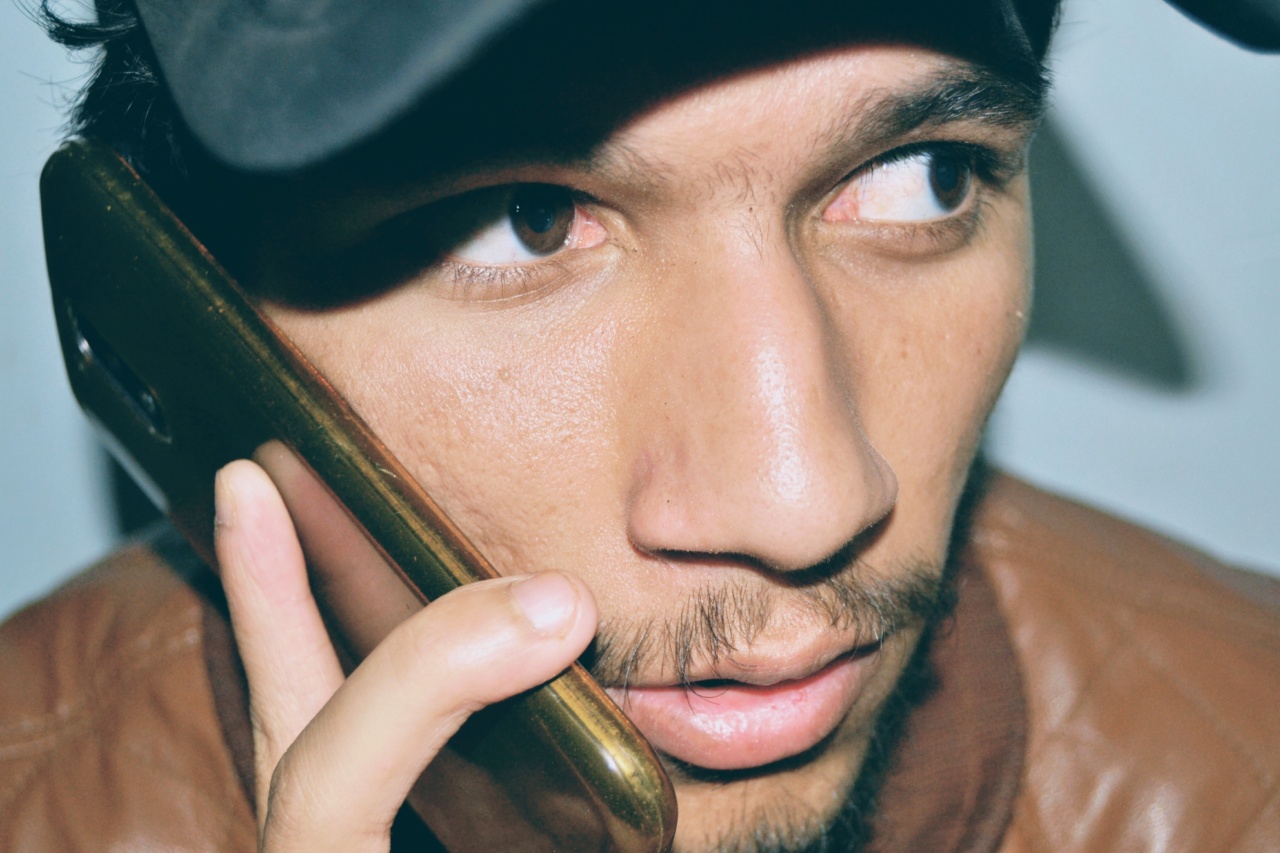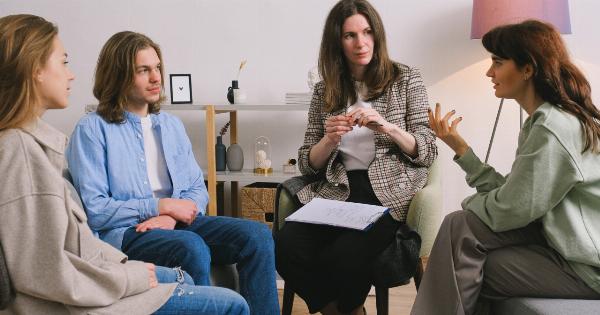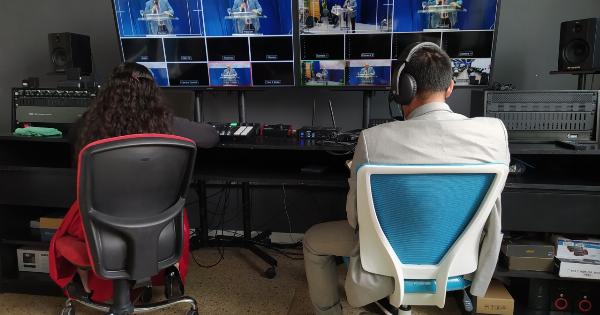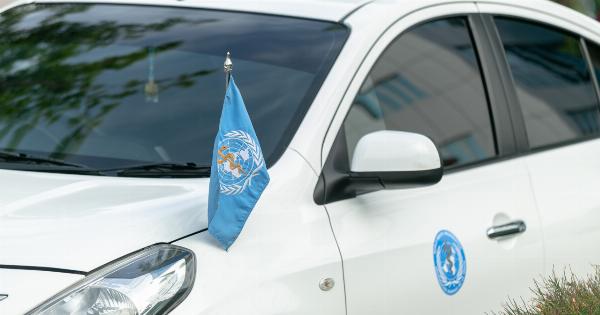As part of our ongoing effort to bring you the latest news and information on human rights and social justice, we recently had the opportunity to speak with the Chairman of the Rights Committee at Daphne, a leading nonprofit organization that works to promote human rights and equality around the world.
What is Daphne?
Daphne is an international human rights organization that was founded in 1974.
The organization is named after Daphne Sheldrick, a renowned conservationist and animal rights activist who was known for her tireless efforts to protect wildlife and promote conservation around the world.
Over the years, Daphne has grown into one of the largest and most respected human rights organizations in the world, with offices in dozens of countries and a staff of hundreds of dedicated activists and advocates.
The organization works on a wide range of issues, from protecting the rights of refugees and immigrants to promoting gender equality and combating racism and discrimination in all its forms.
What is the Rights Committee at Daphne?
The Rights Committee is a key part of Daphne’s work. It is made up of a team of human rights experts and advocates from around the world who work to identify and address human rights abuses and violations in countries around the world.
The Committee’s work ranges from conducting research and gathering information on human rights abuses to working with local groups and organizations to raise awareness about these issues and develop effective strategies for addressing them.
It also provides support and resources to activists and advocates working to promote human rights and social justice at the local, national, and international levels.
What are some of the key human rights issues that the committee is focused on?
The Rights Committee at Daphne works on a wide range of human rights issues, but some of the key areas of focus include:.
1. Refugee and immigrant rights
The committee is deeply concerned about the ongoing refugee crisis and the challenges faced by millions of people around the world who are forced to flee their homes due to conflict, persecution, and other threats to their safety and security.
It advocates for policies and programs that protect the rights of refugees and immigrants, and works to raise awareness about their plight and the root causes of displacement.
2. Gender equality and women’s rights
The committee is committed to promoting gender equality and women’s rights around the world, and works to address issues such as gender-based violence, discrimination, and access to education and health care.
It supports a range of programs and initiatives aimed at empowering women and girls and ensuring that they have equal rights and opportunities in all areas of life.
3. Racial and ethnic equality
The committee is dedicated to promoting racial and ethnic equality and combating discrimination in all its forms.
It works to raise awareness about the impact of racism and discrimination on individuals and communities, and advocates for policies and programs that promote diversity, tolerance, and inclusion.
4. LGBTQ+ rights
The committee is committed to promoting and protecting the rights of LGBTQ+ individuals around the world.
It advocates for policies and programs that prevent discrimination and violence against this community, and supports a range of initiatives aimed at promoting equality and acceptance for all individuals, regardless of sexual orientation or gender identity.
5. Environmental justice
The committee recognizes that environmental issues are deeply connected to human rights, and works to promote environmental justice and sustainable development around the world.
It advocates for policies and programs that protect the planet and ensure that all individuals have access to clean air, water, and natural resources.
What are some of the major challenges that the committee faces in its work?
The Rights Committee at Daphne faces a number of challenges in its work, including:.
1. Lack of resources
Like many nonprofit organizations, Daphne relies on donations and grants to fund its work. However, funding is often limited and unpredictable, which can make it difficult to plan and execute programs effectively.
2. Power imbalances
The Rights Committee at Daphne often works in countries where there is a significant power imbalance between those in power and marginalized communities.
This power imbalance can make it difficult for the Committee to advocate effectively for the rights of these communities, and can even put the safety of its staff and partners at risk.
3. Political instability
The committee often works in countries that are experiencing political upheaval or conflict, which can make it difficult to conduct research and implement programs effectively.
Additionally, political instability can put the safety of the Committee’s staff and partners at risk.
Conclusion
The work of the Rights Committee at Daphne is vitally important in promoting human rights and equality around the world.
By addressing key issues such as refugee and immigrant rights, gender equality, racial and ethnic equality, LGBTQ+ rights, and environmental justice, the Committee is helping to create a more just and equitable world for all individuals.































